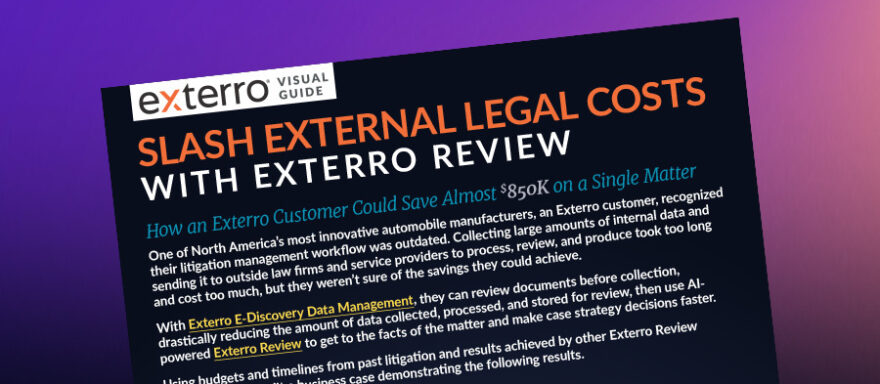
Infographics
Slash External Legal Costs with Exterro Review
Download this resource to learn how an Exterro customer calculated an ROI of almost $850,000 for one matter using Exterro Review.
Access Exterro’s extensive library of educational material. Browse the latest e-discovery, privacy, digital forensics, and cybersecurity compliance resources, or use the search to help you find something specific.

Infographics
Download this resource to learn how an Exterro customer calculated an ROI of almost $850,000 for one matter using Exterro Review.

Blog
Read this blog post to learn some key considerations to keep in mind when building a document review workflow.

White Papers
Download this resource to learn about the requirements of the amended New York Department of Financial Services Cybersecurity Regulation.

Events & Webinars
The Digital Government Summit brings together technology focused public-sector professionals with leading industry partners to connect on innovative approaches, get inspired and discover new technologies. Join us and let’s improve the future of government together!
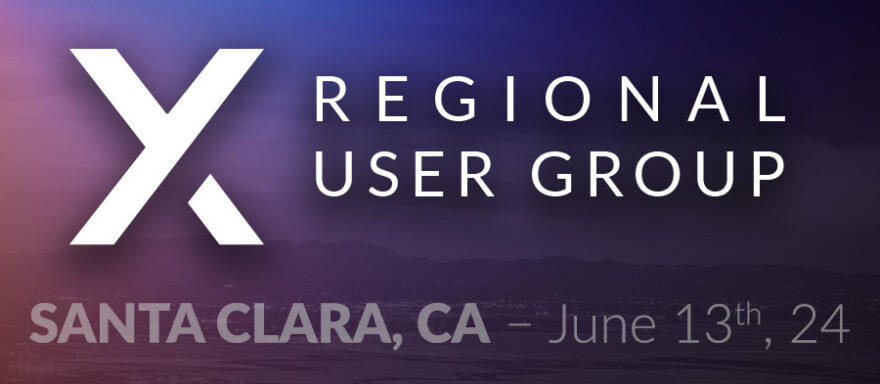
Events & Webinars
Register now to attend the Exterro Regional User Group held at Palo Alto Networks in Santa Clara, California, on June 13, 2024

Data Privacy Alerts
Check out this alert to learn about the amendments to the NY DFS Cybersecurity Regulation requiring organizations to maintain an asset inventory.
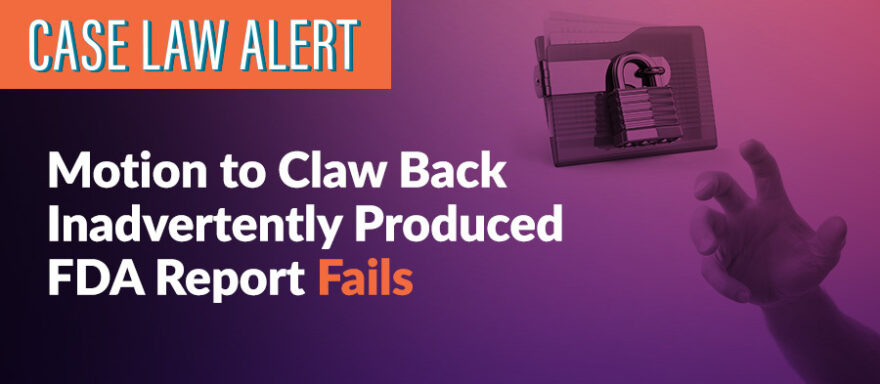
Data Privacy Alerts
Review this e-discovery case law alert to learn about a situation where an FRE 502 clawback agreement didn't give the defendant the right to claw back a document.

Events & Webinars
The Digital Government Summit brings together technology focused public-sector professionals with leading industry partners to connect on innovative approaches, get inspired and discover new technologies. Join us and let’s improve the future of government together!

Blog
Check out this blog post to learn about some habits that privacy professionals should adopt to ensure that they are setting good examples and leading their organizations to adopt a privacy-first mindset.
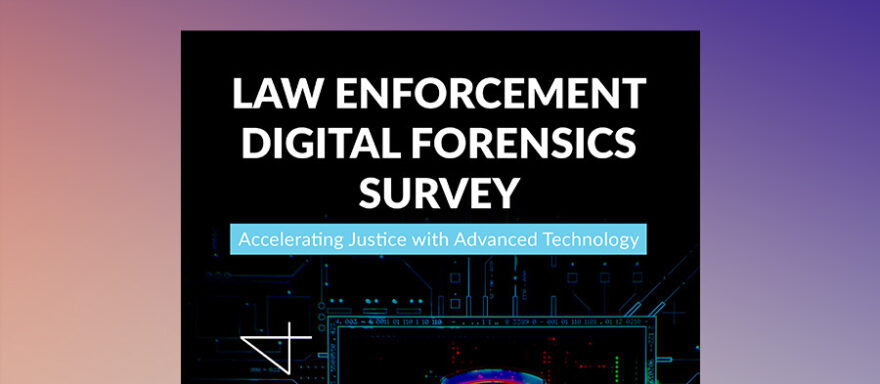
Blog
Read this summary of key findings from Exterro and Cyber Social Hub's recent survey of law enforcement digital forensic investigators.
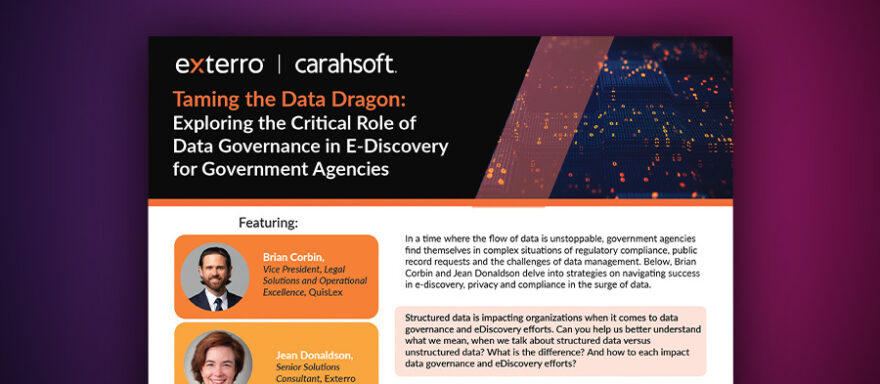
White Papers
Download this resource to learn tips from e-discovery experts on how a strong data governance program can help streamline successful e-discovery and privacy compliance.

Events & Webinars
Meet with Exterro at TechnoSecurity, the most important gathering of private sector and government attendees dedicated to the digital forensics and computer security industries.